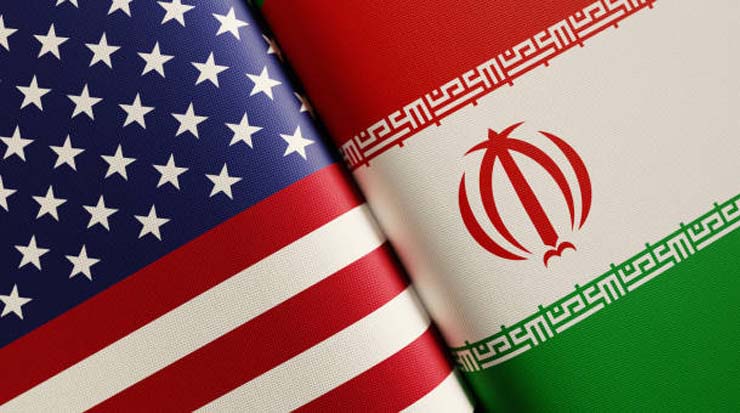
Tel Aviv: The new nuclear agreement with Iran that looked almost a done thing last week is now under a big question mark, with doubts being raised by the European countries that will be a part of every such agreement if and when signed.
“The Europeans finally see that the Iranians are cheating the world and continue to gallop to the bomb,” an Israeli defence source told Raksha Anirveda. France, Germany and the United Kingdom said September 10 they were consulting “international partners” on “how best to address Iran’s continued nuclear escalation.”
According to a report in the Iran International website, a statement from the ‘E3’ said Tehran had chosen not to take the “critical diplomatic opportunity” offered by a text circulated August 8 by the European Union in an effort to conclude 18-month talks to revive the 2015 Iran nuclear deal, the JCPOA (Joint Comprehensive Plan of Action). The website, operated from London by the Iranian regime opponents reports that a statement from United States foreign affairs spokesman Ned Price Friday, September 9 said Secretary of State Antony Blinken had briefed the E3 foreign ministers on his Ukraine visit and that they had “discussed the challenges posed by Iran and our commitment to working together to address them.”
“Since the EU draft was circulated August 8, there has been a series of diplomatic exchanges between Iran and the US that have failed to resolve remaining differences over JCPOA revival.”
The E3 statement highlighted this week’s report from the International Atomic Energy Agency (IAEA) director Rafael Mariano Grossi that he had made no progress with Iran in explaining the uranium traces since the IAEA managing board in June passed a resolution, drawn up by the US and the E3, censuring Tehran. Saturday’s E3 statement reiterated that Iran needed to “provide technically credible answers,” regardless of the JCPOA talks, because of its “legally binding obligations” under the Nuclear Non-Proliferation treaty.
Tehran has argued the IAEA probe is politically motivated, and results from allegations made by Israel in 2018 as Trump withdrew the US from the JCPOA. In December 2015, Iran argues, the IAEA had produced a final report on Tehran’s pre-2003 nuclear work.








